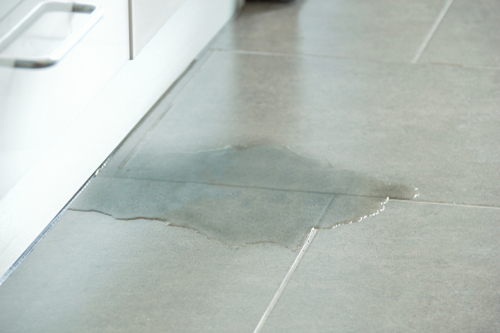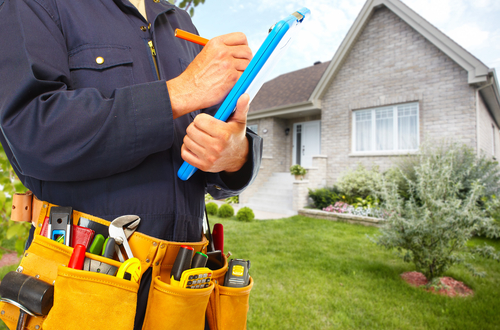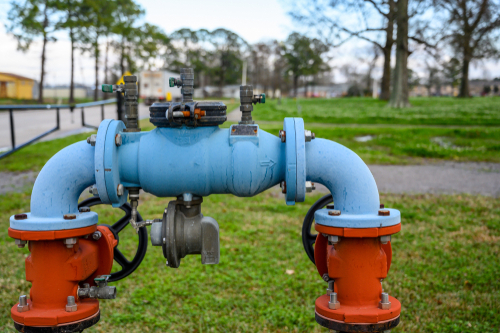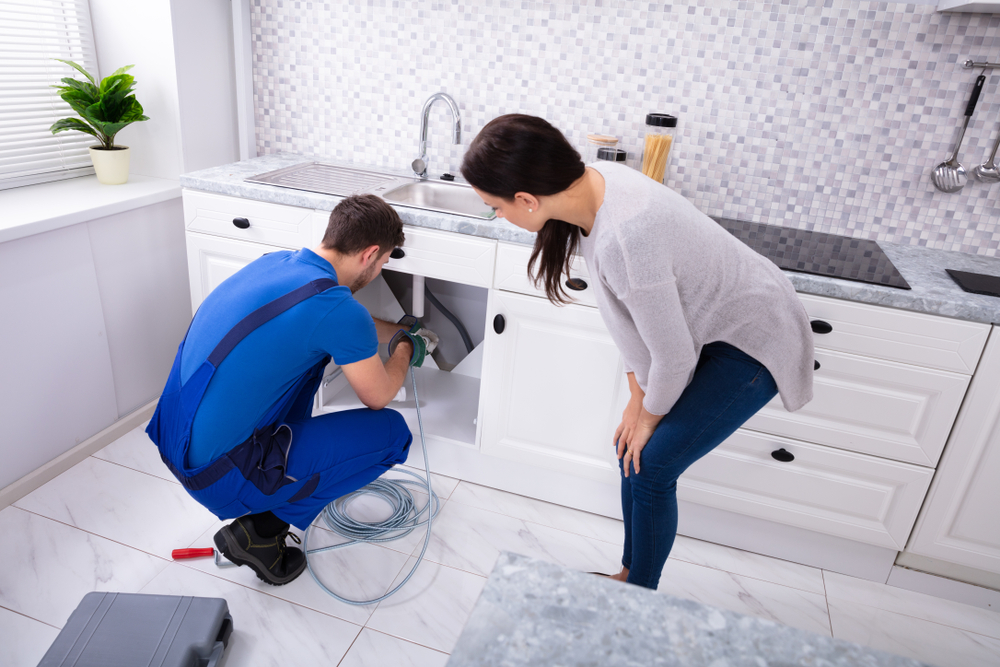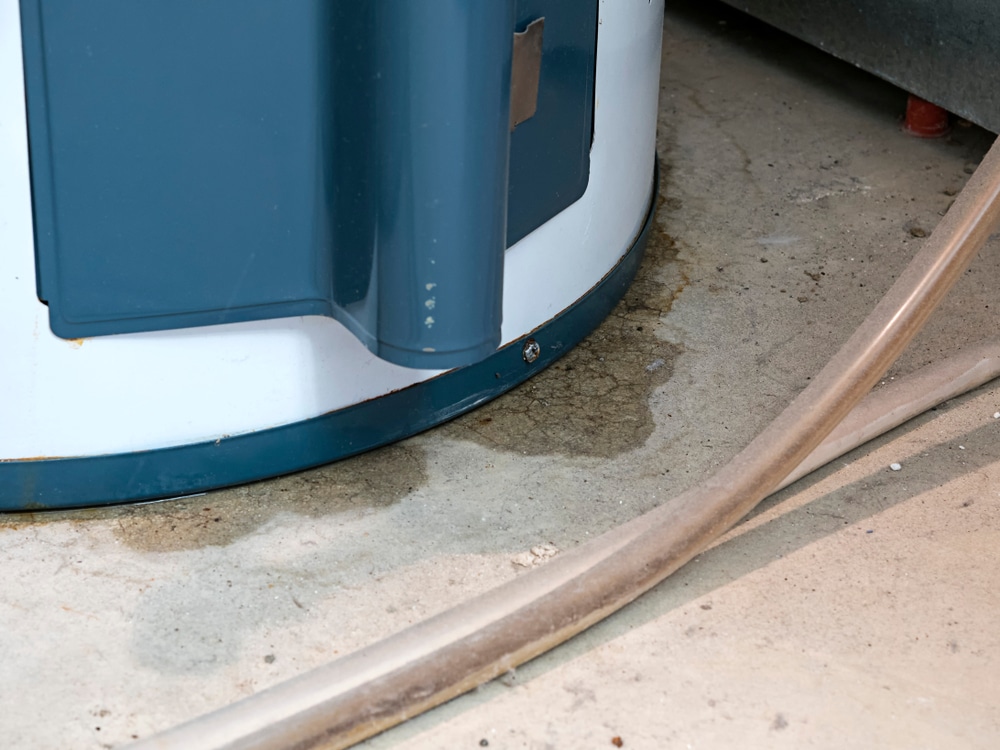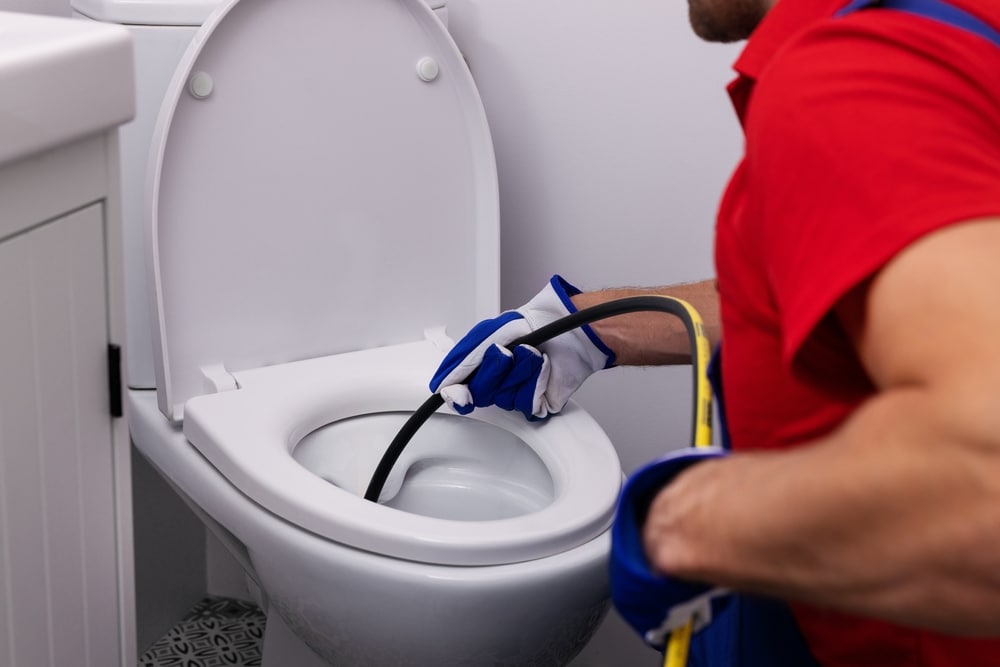Experiencing low water pressure can be frustrating, whether it’s the slow trickle from your showerhead or the weak stream filling your kitchen sink. This common issue can disrupt daily routines and affect the performance of household appliances reliant on steady water pressure.
Understanding the causes of low water pressure is essential to finding the right solution. It could be something as simple as a buildup of mineral deposits or more complex issues like a faulty pressure regulator. External factors like municipal water supply changes can also lead to unexpected drops in pressure.
By learning what affects your water pressure, you can take steps to remedy the situation. Some solutions are quick fixes you can do yourself, while others may require professional attention. Knowing when to call a plumber can save time and prevent further complications down the line.
Understanding Water Pressure Basics
Water pressure is the force that moves water through the pipes to fixtures like faucets and showers in your home. It’s measured in pounds per square inch (PSI). In a typical household, water pressure is crucial for ensuring that appliances such as washing machines and dishwashers function properly. It also impacts personal comfort, as low pressure can result in lackluster showers, while excessively high pressure might lead to pipe damage and water waste.
Maintaining proper water pressure is essential for a smoothly running household. An optimal range usually falls between 40 to 60 PSI. Anything below this range can make daily activities like showering or rinsing dishes inefficient and frustrating. On the flip side, if the pressure is too high, it can stress pipes, potentially causing leaks or bursts.
Measuring your water pressure is straightforward. You can use a simple gauge that attaches to an outdoor spigot. Turn off all water inside the house, then attach the gauge and open the spigot. The gauge will display the current water pressure, allowing you to determine if adjustments are needed. Regular monitoring can prevent potential problems and ensure that your plumbing system continues to operate efficiently.
Common Household Plumbing Issues
Household plumbing systems can encounter several issues that adversely affect water pressure. One typical problem is the buildup of mineral deposits, like calcium, which accumulates inside pipes over time. This buildup can restrict water flow, causing a noticeable drop in pressure, especially in older homes or areas with hard water.
Leaks are another common issue that can impact water pressure. Even minor leaks can cause a decrease in pressure, as water escapes the system rather than reaching faucets and appliances. Leaks often occur at joints or valves and can worsen if not addressed promptly.
A faulty pressure regulator can also cause problems. This device manages the pressure of water coming into your home. If it’s malfunctioning, you might experience fluctuating pressure levels. A regulator stuck in the open position might allow excessive pressure, whereas one stuck closed could restrict water flow too much.
Some common plumbing issues affecting water pressure include:
– Mineral deposit buildup in pipes
– Leaks reducing water flow
– Faulty pressure regulators causing pressure changes
Understanding these common problems can help homeowners identify and resolve water pressure issues promptly. By addressing these concerns, you can maintain a consistent and comfortable water flow throughout your home.
External Factors Affecting Water Pressure
Water pressure in your home can be influenced by factors outside your control. One major consideration is the municipal water supply. Changes or issues with the public water system, such as maintenance work or water main breaks, can temporarily lower or fluctuate pressure levels in your home. Consistent low pressure might indicate a broader issue requiring attention from the water company.
Seasonal changes and weather conditions also impact water pressure. During winter, pipes might freeze, restricting water flow and reducing pressure. In the summer, increased water usage in the neighborhood can diminish pressure as everyone utilizes water more frequently for activities like gardening and cooling.
Shared water lines in apartment complexes or closely connected neighborhoods can affect pressure, too. When multiple households draw water simultaneously, it splits the available pressure among them. This can result in noticeable reductions, especially during peak usage times, like mornings or evenings.
Quick Fixes and Long-Term Solutions
Addressing water pressure issues often involves a mix of quick fixes and longer-term strategies. For minor problems, a few DIY solutions can be effective. For example, cleaning faucet aerators and showerheads can help remove mineral buildup, restoring normal flow. Also, checking for and tightening any loose connections might prevent leaks.
Regular plumbing maintenance plays a significant role in maintaining optimal water pressure. Conducting routine checks on pipes, faucets, and appliances can help identify issues early on, avoiding bigger problems later. Consistent maintenance ensures that systems are in good working order and helps prevent unexpected drops in pressure.
There are times when calling a professional plumber is essential. This is particularly true when water pressure problems persist despite your best efforts. A thorough inspection by an expert can uncover hidden issues, such as faulty pressure regulators or deep leaks within walls. Professional plumbers have the tools and expertise to diagnose and fix complex problems, ensuring your plumbing system functions correctly over the long term.
Conclusion
Understanding the various factors that affect water pressure, both inside and outside your home, is essential for managing and resolving any issues. By taking a proactive approach through regular maintenance and quick fixes, homeowners can often prevent significant problems. However, knowing when to seek professional help is just as important for maintaining an efficient and comfortable living environment.
If you’re dealing with stubborn water pressure issues or need expert advice, contact Jade’s Heating and Plumbing LLC. Our skilled team of Jackson plumbing contractors is ready to assist with professional diagnostics and repairs, ensuring your home’s water system operates smoothly. Reach out to us today and experience reliable service tailored to your needs.


